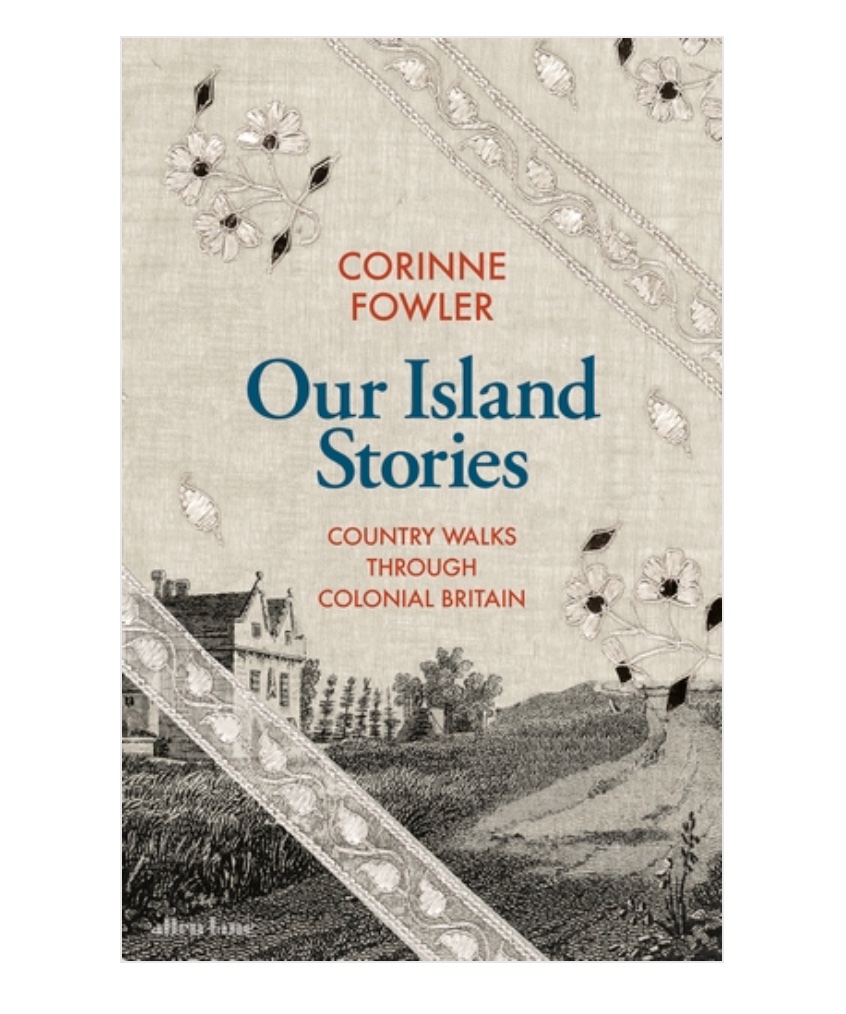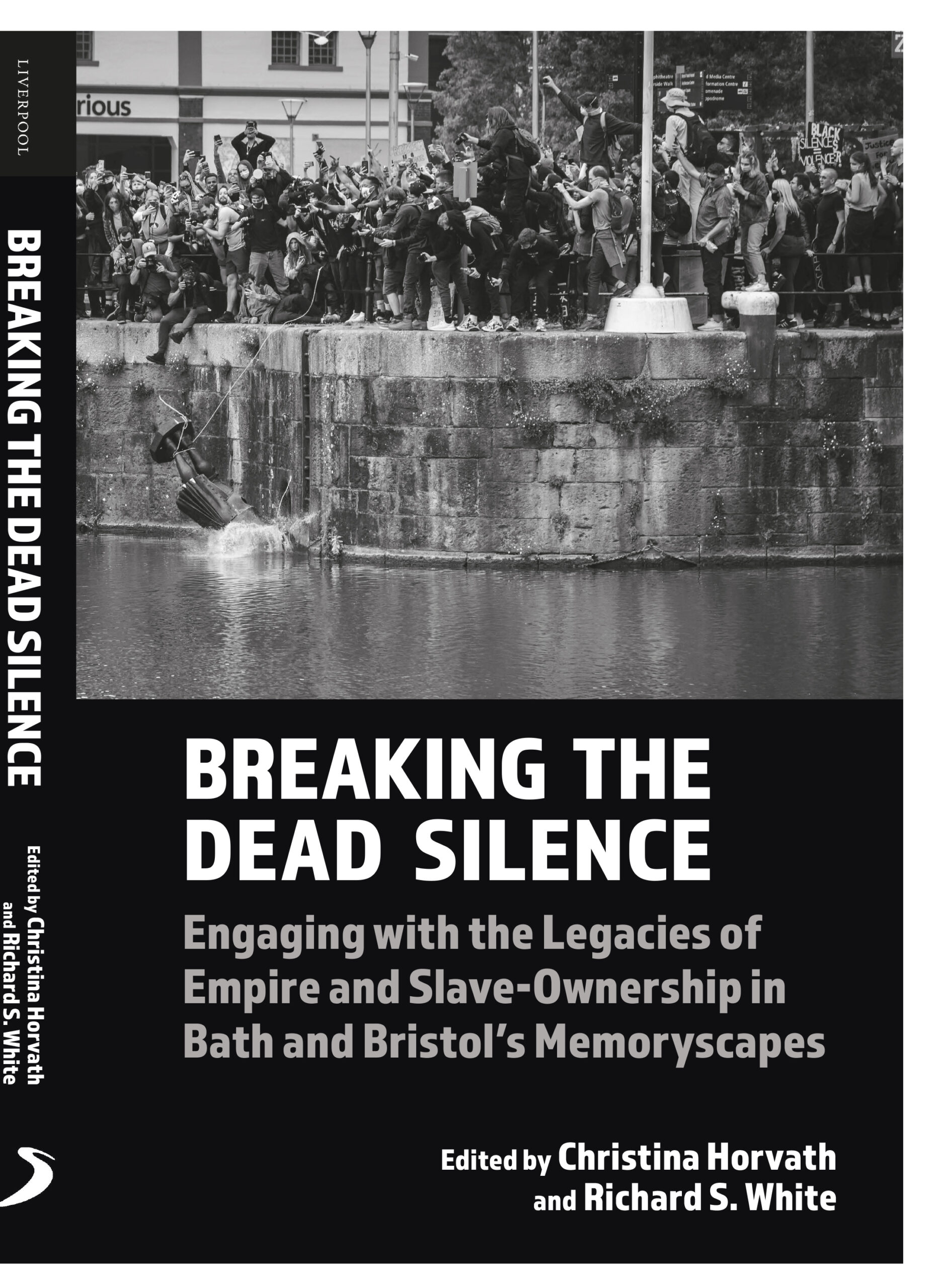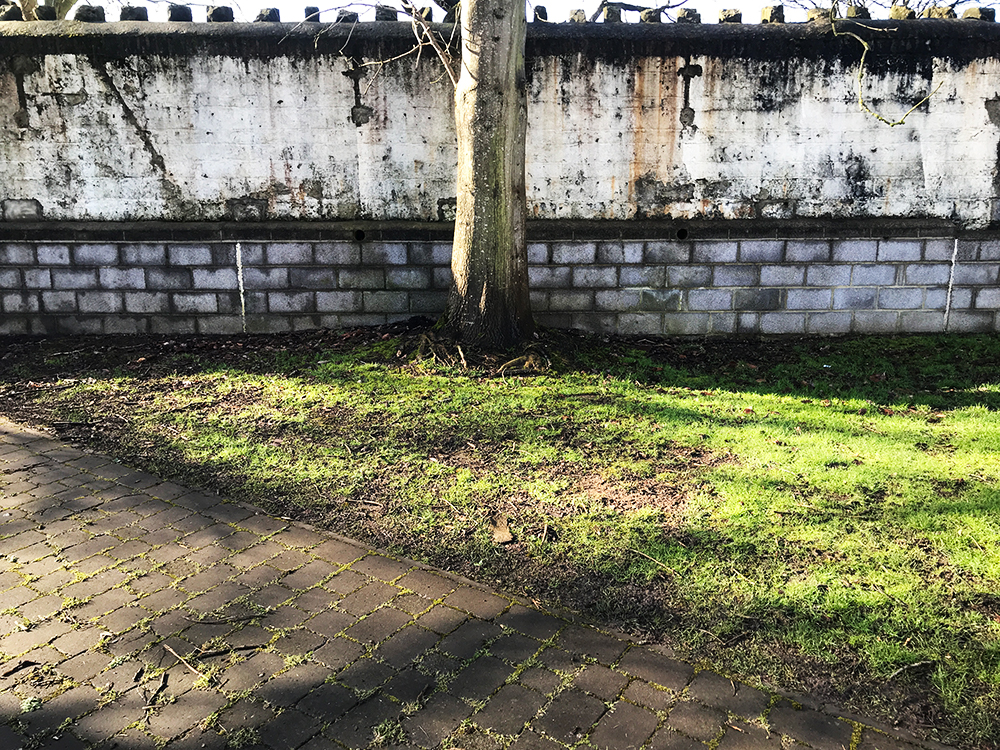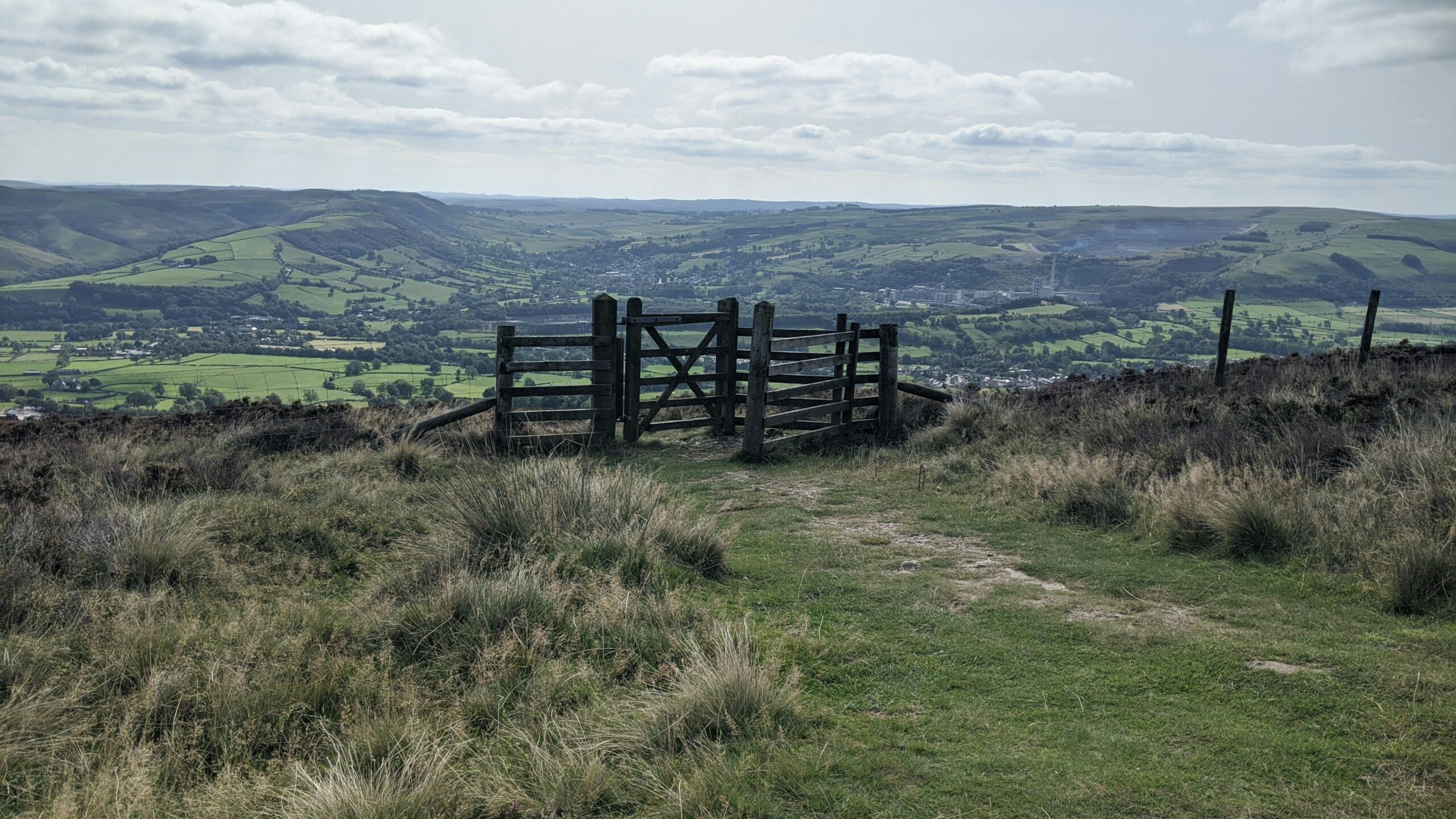POSTPONED – we regret that we are having to postpone this event – a new date will be arranged soon – ticket purchasers will be refunded.
Meet the authors who are writing about walking and the landscapes through which we walk, at Walking Writers Salons. We are delighted to welcome historian Professor Corinne Fowler for our December Salon, who will be talking about her newly published investigation into “Our Island Stories: Country Walks through Colonial Britain.“
One’s attitude to taking a walk in the British countryside might well change once you have read “Our Island Stories”. Corinne Fowler accompanies a number of intriguing people on walks, who help her reveal the contested histories of Britain’s much loved and often romanticised countryside. How it has come about, who might have been responsible for making it emerge the way it has, and how we today may access some of it for our own enjoyment out and about on foot are all aspects she has carefully researched.
“This is real, difficult, essential history delivered in the most eloquent and accessible way. Her case, that rural Britain has been shaped by imperialism, is unanswerable, and she makes her arguments beautifully. An important book.” Sathnam Sanghera ― author of “Empireland“.

For this Salon, the host will be Richard White, a key member of the walk · listen · create community, in his role as an Award grand juror, but also co-editor of “Breaking the Dead Silence” that includes a chapter on the hidden connections of the historic legacy of the slave trade.
Walking Writers Salons are hour-long events in which you will get to meet a Walking Writer and learn from them how they weave writing and walking, and how they interpret their surroundings. Each Salon will include a discussion with the author, inviting questions from the audience, and will include a multiple choice quiz in which a winner will receive a prize of Our Island Stories: Country Walks through Colonial Britain kindly donated by Penguin / Random House.
Related

Our Island Stories – Country Walks Through Colonial Britain
The countryside is cherished by many Britons. There is a depth of feeling about rural places, the moors and lochs, valleys and mountains, cottages and country houses. Yet the British countryside, so integral to our national identity, is rarely seen as having anything to do with British colonialism. Where the countryside is celebrated, histories of

Breaking the Dead Silence – Engaging with the Legacies of Empire and Slave-Ownership in Bath and Bristol’s Memoryscapes
Diverse and distinctive voices in the wake of the murder of George Floyd and the toppling of the Colston statue in Bristol. Timely commentaries, insights and experiences in the memoryscape enriching and transforming an uncomfortable heritage through empathy and creativity. Multiple perspectives from academics, artists, activists and heritage professionals, contribute ideas and strategies towards re-telling

Bath Union Workhouse: a walk for the living with the route of the dead
A sound walk using Echoes xyz. A meander through a series of tragedies towards hope and responsibility. The walk uses sounds gathered during the two year Walking the Names project. A slow walking and reading of the names of those who died of poverty in the Bath Union Workhouse. Walkers researched into those names and



